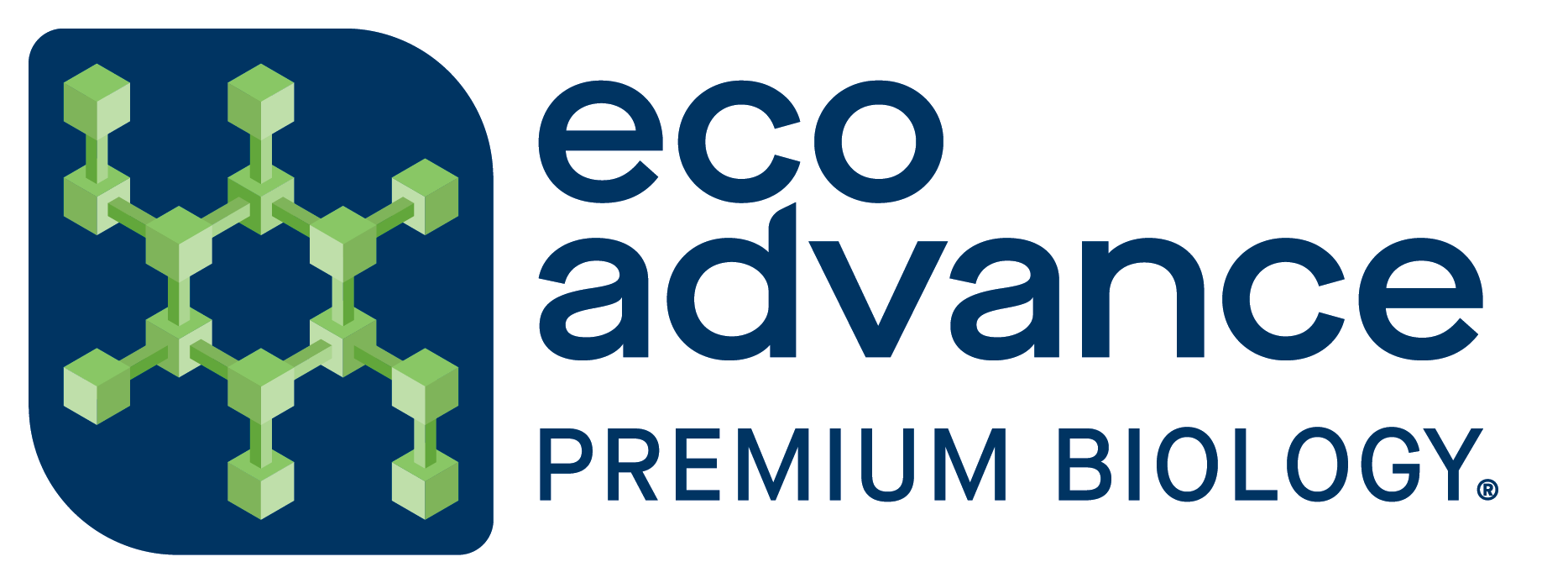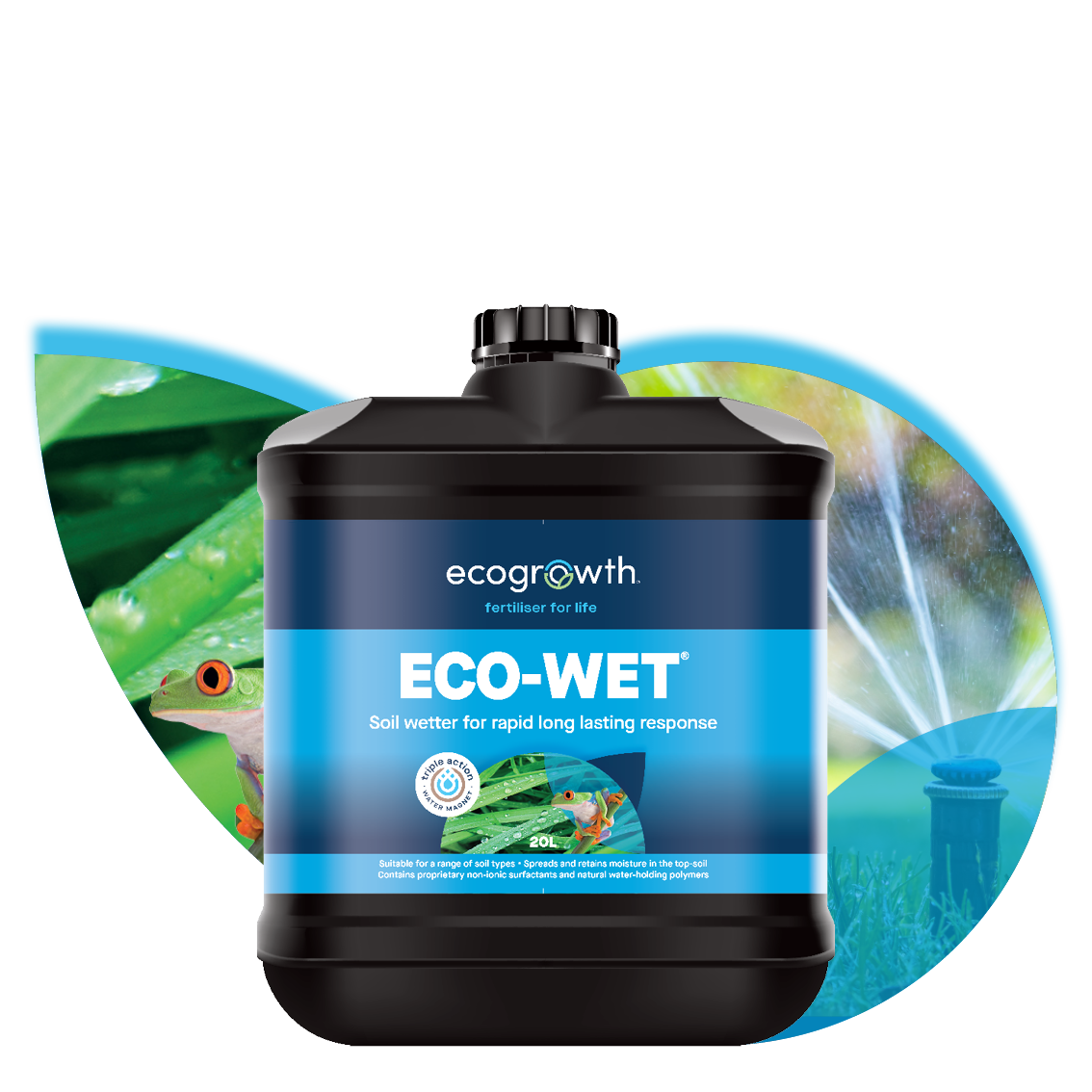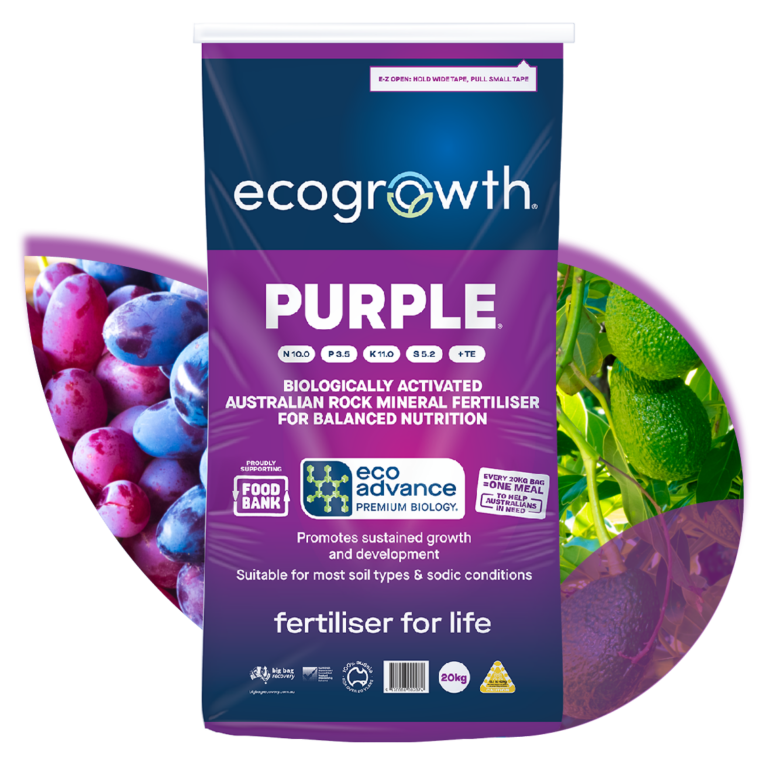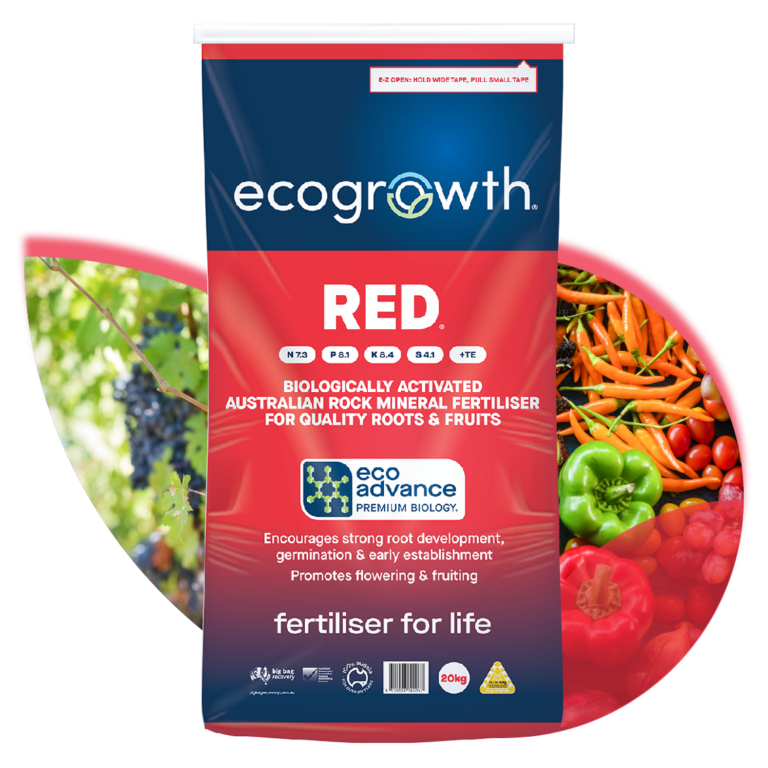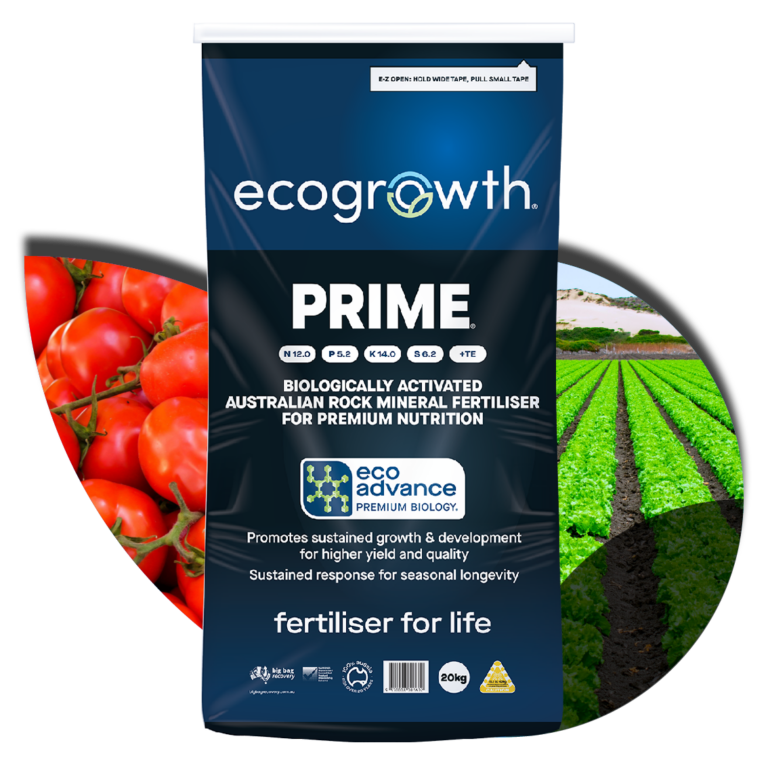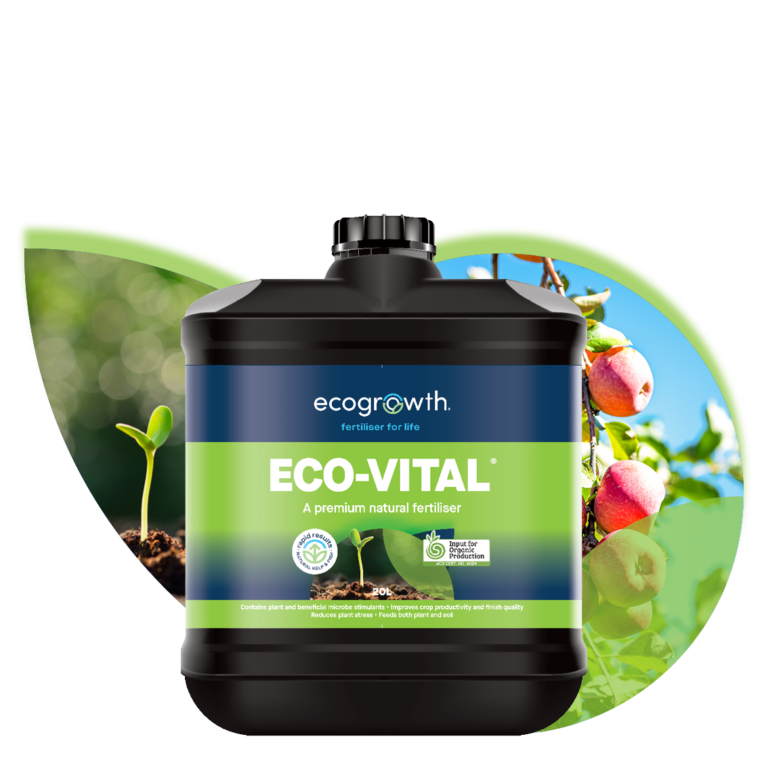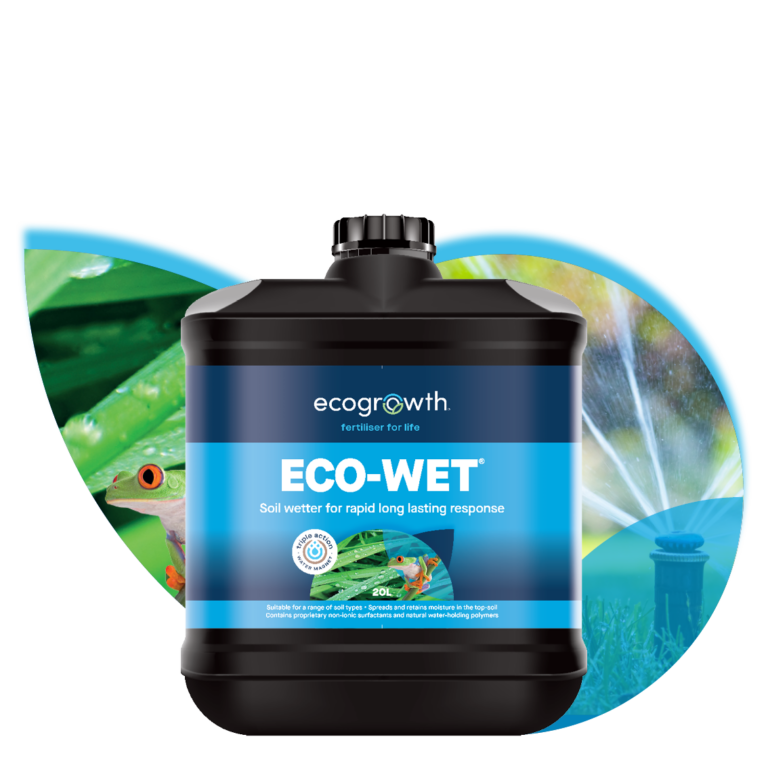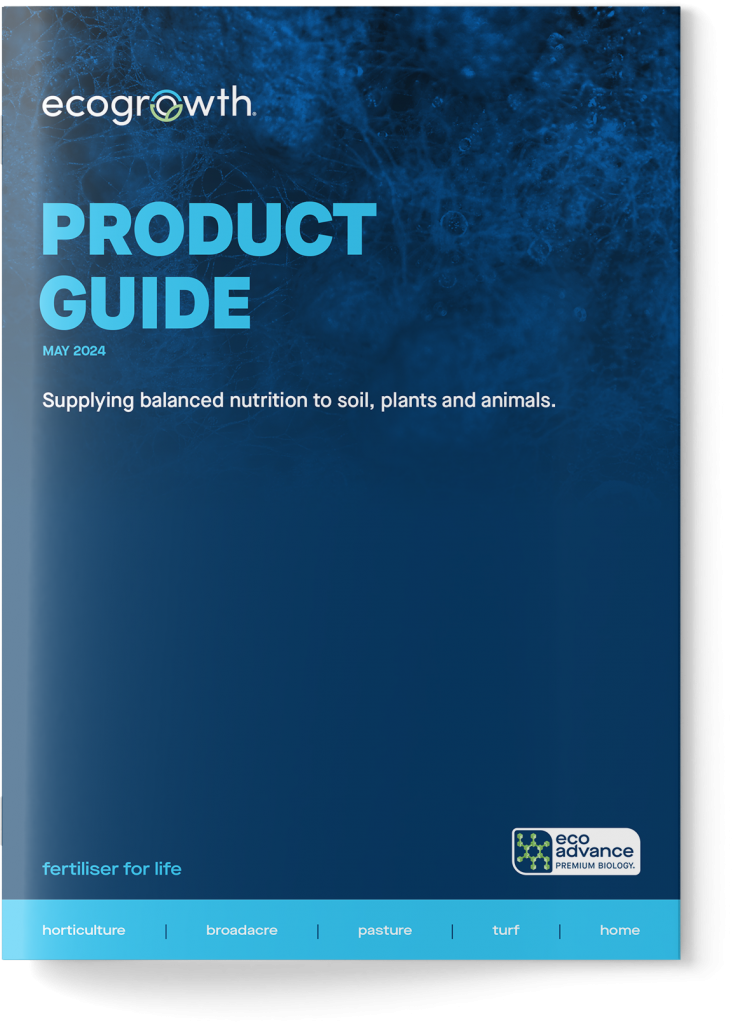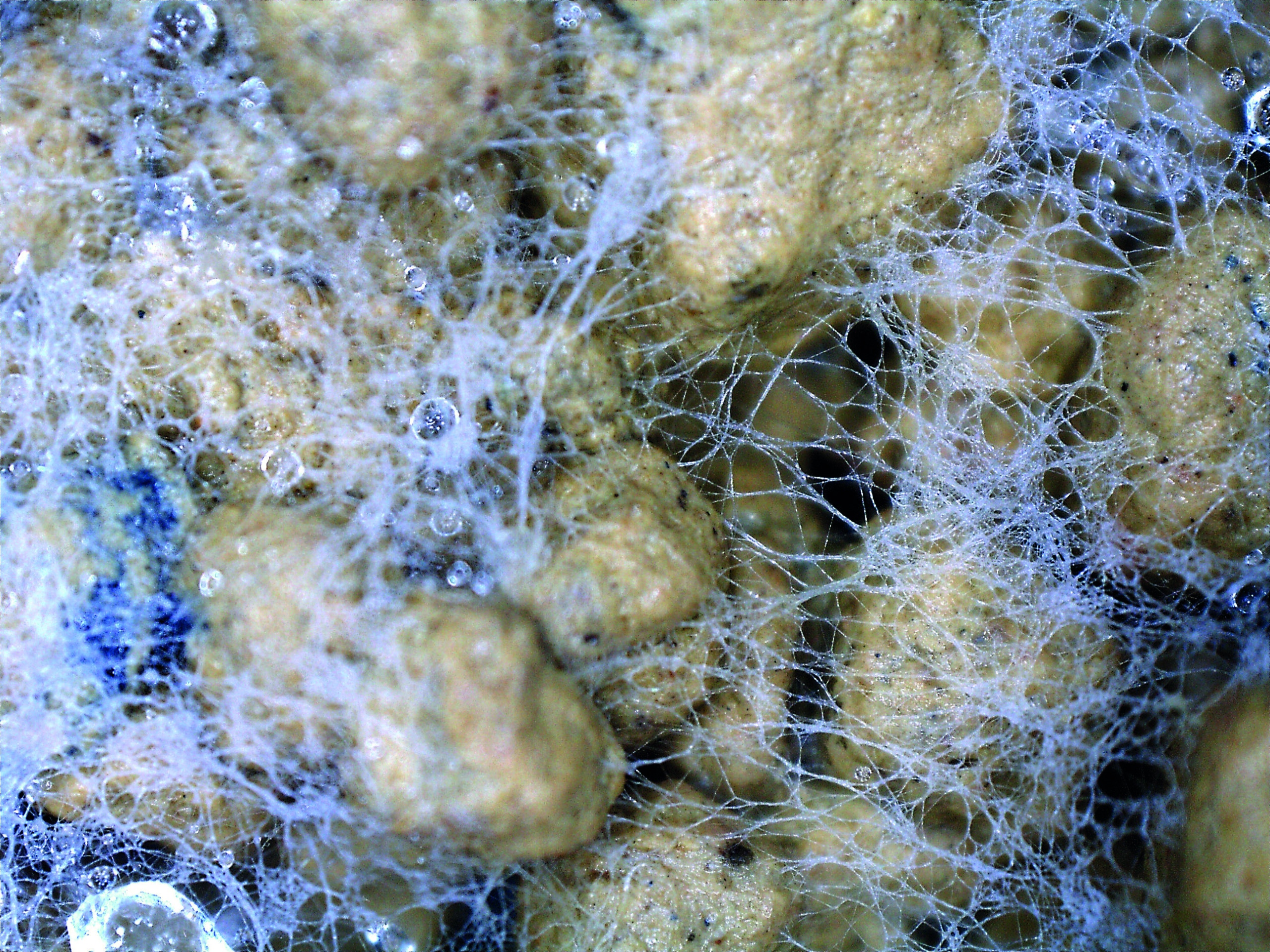
TECHNICAL ARTICLE
EcoAdvance® and the importance of beneficial microbes
Ecogrowth’s granular fertilisers are impregnated with beneficial microbes – “EcoAdvance® premium biology” – to stimulate microbial activity within the plant root system to maximise yield.
This microbial activity occurs around the plant root system or rhizosphere, which extends usually 1mm around healthy plant roots. The rhizosphere is more complex than it appears, not just decomposing and releasing nutrients from organic matter. In fact, it is now understood that plants and microbes have a strong communicative interaction where a plant can influence activity directly in the soil around it1,2.
As a plant grows, it secretes exudates from its root-growing tips. Microorganisms in the soil use these exudates to grow and proliferate, thereby increasing the biological activity in the soil. It is recognised as a great benefit to the plant in encouraging microbial activity, such as the formation of fungal hyphae networks and bacillus interaction.
For instance, Arbuscular mycorrhiza (AM) fungi release nutrients, such as phosphorus from plant unavailable forms in the soil, such as rock phosphates. AM fungi also transport moisture from deep within the soil towards the root hairs. Bacteria are similarly known to be useful, producing nitrogen, phytohormones and other useful products. Together, these form rhizosphere and bulk soil networks in agricultural soils, optimising healthy soils for sustainable food production1,3.
3 Main Factors That Make Healthy Soil
There are three main factors that make healthy soil, which are depicted below:
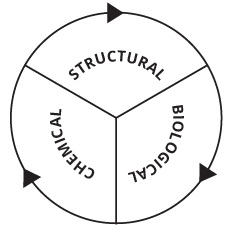
- Biological components (such as microbes)
- Chemical compounds
- Structural elements
If any one of these components is in poor condition, the remaining elements of the soil structure will also be diminished in effectiveness.
For instance, if soil structure is poor, such as an ill-drained clay area in a paddock, water will not drain properly leading to stagnant conditions and accumulation of salts. These saline areas normally produce very limited plant activity.
It is commonly thought that conventional farming techniques such as excessive tillage, over application of soluble fertilisers4 (namely Nitrogen and Phosphorus), are having a devastating effect on soil health as reflected in falling carbon levels, increased disease and weed populations.
How do we turn this situation around?
Why does Ecogrowth inoculate fertiliser with “EcoAdvance® premium technology”?
Ecogrowth’s proprietary microbial technology is applied to its fertilisers as part of the manufacturing process to enhance the bioavailability of key nutrients, including rock phosphate. Their activity enhances phosphorus availability and promotes growth, resulting in enhancing and using natural microbial-plant interactions to increase productivity.
Evidence of this process has been witnessed during the unusually dry seasons in 2017 during the Dowerin phosphorus trial. The results are a peculiarity, primarily due to decreasing yield being observed in replicated Triple Super Phosphate (TSP) application of phosphorus (P) with increased units of P applied. This was further contrasted with the exact opposite relationship with P applied in Ecogrowth’s treatments, where yield continued to increase with additional units of P applied. Some light was thrown on the likely reason for this phenomenon when independent microbial testing revealed a significant increase in AM fungi colonization on Ecogrowth’s trial plots when compared with conventional and zero-input replicates. Interestingly, AM fungi were not introduced to this trial, however, it became apparent that conditions were suitable for colonization in Ecogrowth’s plots, in which trial design had randomly been placed between conventional and zero treatment plots.
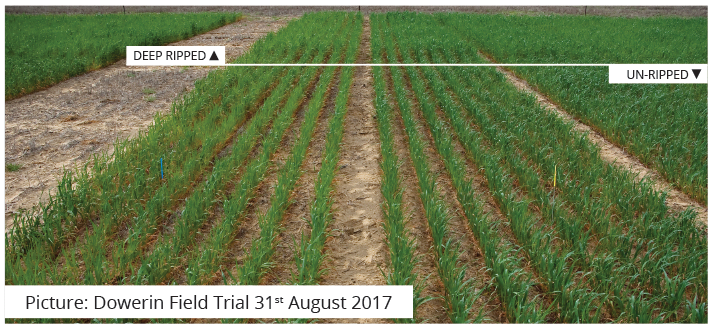
TSP 6 Control replicate units of P, Brix 13.5:: Ecogrowth replicate 6 units P, Brix 15
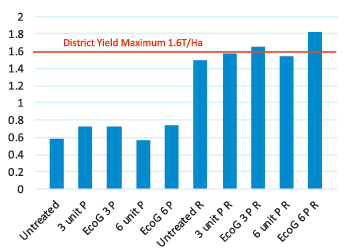
Figure: Untreated, TSP control & Ecogrowth unit P treatments non-ripped & deep ripped
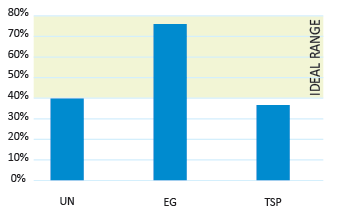
Figure: Mycorrhizal Root Score of combined Untreated, Ecogrowth & TSP control replicates Dowerin 2017
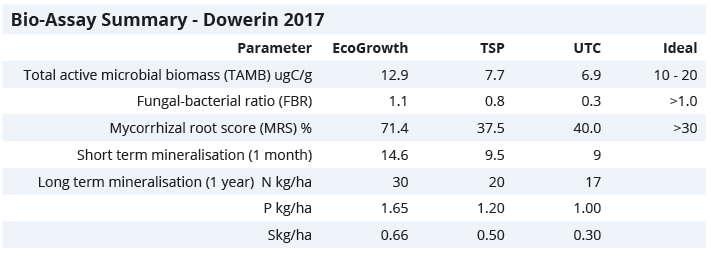
Trial conducted by Farmanco Management Consultants, 2017. “Long Term Phosphorus Systems Trial, Dowerin, Western Australia”
Why Use Beneficial Microbes?
In summary, Ecogrowth’s EcoAdvance® premium biology impregnated granular fertilisers are inoculated to boost plant availability of fertiliser and to kick-start productivity. This does not just increase plant quality and productivity but also stimulates microbial soil-building processes. Arguably, this is true fertility and the absolute mainstay of Regenerative Agriculture. The table right outlines the beneficial microbes in EcoAdvance® premium biology.
Where to go next?
Quality Soil testing is an essential part of this process. In a microbial “Regen-Ag” system, it is just as essential to know when to apply something as it is to know when not to. To that end, speak with our store distributors and technical staff about how we can further customise and enhance our Ecogrowth fertilisers to your specific production system. Let that be the catalyst to greater things!

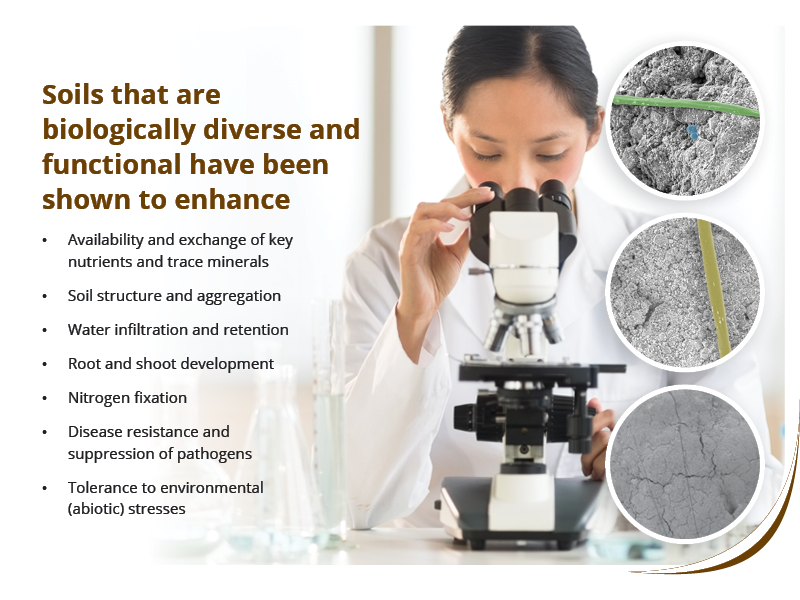
References:
1. James, White F. & Kathryn, Kingsley L. & Qiuwei, Zhang. & Rajan, Verma. & Nkolika, Obi. & Sofia, Dvinskikh. & Matthew, Elmore T. & Satish, Verma K. &Surendra, K G. & Kurt, Kowalski P. 2019. “Review: Endophytic microbes and their potential applications in crop management.” Mini-review, doi 10.1002/ps.5527 wileyonlinelibrary.com
2. Franciska, de Vries T. & Matthew, Wallenstein D. 2017. “Below-ground connections underlying above-ground food production: a framework for optimising ecological connections in the rhizosphere.” Journal of Ecology. 2017, 105, 913-920.
3. Kahn S.A. & Mulvaney, T.R. & Boast C.W. 2013. “The Myth of Nitrogen Fertilization for Soil Carbon Sequestration.” Journal of Environmental Quality. November 2007
4. Farmanco. 2017. “Long Term Phosphorus Systems Trial, Dowerin, Western Australia 2017.” Farmanco Management Consultants. www.farmanco.com.au
5. Era Sustainable. 2017. “Biological Profile Assessment, Eco Growth Trials – Daniel Sutton.” Era Sustainable Australia.
www.erasustainable.com.au
Related products
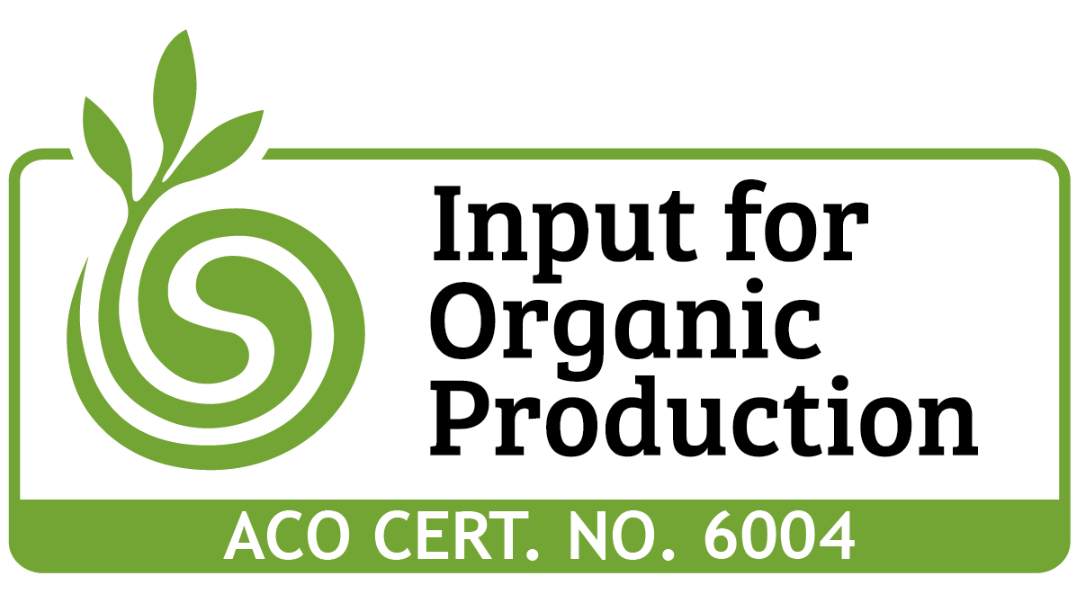
Eco-Vital®
A premium natural kelp and fish fertiliser with plant extracts that delivers rapid results.
